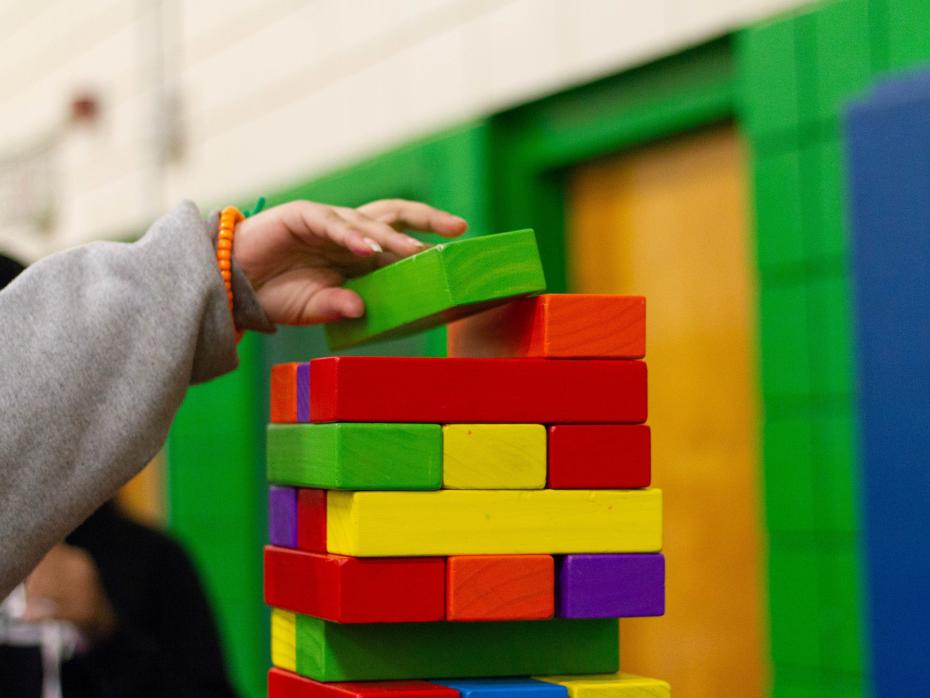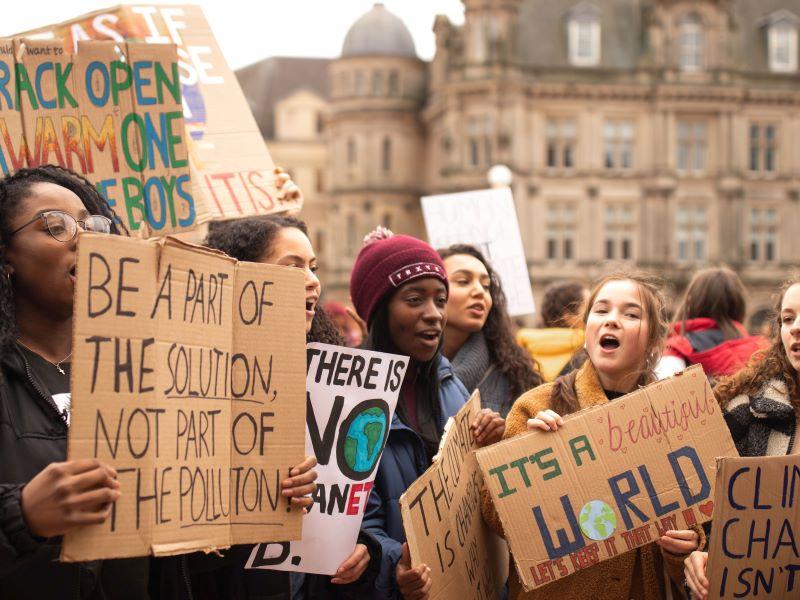
Competence matters more than content in sustainability education

You may also like
Back in 2020, a wave of criticism hit business schools hard: we weren’t doing enough to equip future managers with the social and environmental awareness needed to tackle real-world challenges. We couldn’t keep running our MBA programmes the same way if we wanted to make a difference. Sustainability requires change agents with new competencies, and it was on us to equip our MBAs to take on these issues. If not us, then who?
Yet, integrating sustainability into the curriculum remains a challenge. The most common approach – offering stand-alone corporate social responsibility and sustainability courses – fails to ensure systematic knowledge for all students and has little impact on faculty. Worse, without integration into core courses, these topics risk being sidelined in the face of profit-driven business disciplines.
- Transformative not transmissive education for sustainability
- How to embed the SDGs into your online teaching and learning
- How to teach through the lens of the Sustainable Development Goals
Instead of simply adding social responsibility courses, we aimed for full institutional commitment – aligning faculty, students and our mission to train individuals who transform organisations for a fairer society. Here’s what we did, and how you can do it, too.
Step 1: Take a competency approach
Our first hurdle was attempting to use the Sustainable Development Goals from the United Nations as a guiding framework. We examined the SDG objectives and asked ourselves how our students could contribute.
For instance, take SDG 14: conserve and sustainably use the oceans, seas and marine resources for sustainable development. How should we teach this? Should our business school students become experts in fishing?
We decided not to approach the SDGs head-on but rather to tease out the key competencies business managers require to act ethically, responsibly and sustainably. If students could learn these competencies while discussing SDG topics such as sustainable fishing, so much the better.
We embarked on a collaborative research study with a broad group of faculty members to formulate these ethics, responsibility and sustainability (ERS) competencies. First, we reviewed corporate social responsibility topics and ERS competencies in the literature and benchmarked relevant programme content from top business schools.
Next, we interviewed professors across all disciplinary fields to assess whether they included these topics or others. We drafted 34 competencies that stood out from our research as essential for ERS and sent these to each faculty department for their reactions. The competencies were finalised following in-depth discussions and collectively became known as “SDG Inside”.
Step 2: Get past ‘blah, blah, blah’
However, as we formulated these competencies, we realised that for each one, there might be different levels of learning. For instance, a professor spending time teaching students how to describe social and environmental practices in the supply chain is not the same as a team of students working on a client project to design a circular supply chain while being coached by a professor.
Here, we turned to Bloom’s Taxonomy of Learning – a hierarchical model of cognitive skill development in education ranging from simple to more complex. Using this concept of depth of learning, we created four levels for each competence:
- Level 1 Fundamental: recall, understand and apply
- Level 2 Analytical: analyse
- Level 3 Strategic: evaluate
- Level 4 Innovative: create
We were keenly aware that if our goal was to make innovative change-makers of our students, we had to get past Level 1 in our pedagogy and push our professors to work on developing Level 3 and Level 4 competencies. A competency isn’t just about knowing something; it’s about mastering it, showing you can put that knowledge to work and building the confidence to apply it in the workplace again and again. That’s the level of impact we’re aiming for, enabling our students to be an active part of transformation processes.
Our final “SDG Inside” approach encompasses 34 competencies defined at four levels of acquisition and divided into seven categories: systems thinking, futures thinking, strategic thinking, implementation, self-awareness, collaboration (interpersonal skills) and values thinking. This comprehensive framework of key competencies in sustainability is applicable across disciplines and can guide faculty, students and practitioners in their joint efforts to advance transformation toward sustainability.
Using our newly developed SDG Inside audit tool, each professor was asked to identify the ERS competencies they were teaching, the depth of competencies, their pedagogical approach and the hours spent in class.
The goal of this process was not about undertaking the audit. It was not even about counting the hours – it was about the quality of the conversations. We wanted each professor to think through this question about embedding ERS and to ask questions, knowing that some of the questions had no answers. We wanted to wrestle with the topic and learn together collectively.
One colleague, who was teaching a class about marketing of cultural affairs, had never thought about sustainability issues. Using our method, he realised that many cultural institutions, particularly museums and archives, require strict temperature and humidity controls to preserve their collections. This leads to significant energy use for heating, cooling and ventilation systems. Music festivals attract many spectators and often face environmental challenges such as waste generation, resource consumption or emissions from travel. This colleague substantially modified his course to address these issues.
Similarly, the head of an executive programme realised through our evaluation that not enough courses were taught at Level 3 (strategic) and Level 4 (innovative). For her, this wasn’t in line with the profile of the participants and their target to become business leaders. We modified the curriculum to increase the depth of the acquisition of ERS competences.
For these changes to work, we must coordinate between us. Nothing is worse than students being given the same information repeatedly by different professors. It can cause them to quickly become disillusioned and disinterested – or even negatively resistant (“I can’t hear it anymore!”).
Next steps
Of course, there is still a world of work to embed ERS completely. For instance, we are challenged by how to measure our SDG Inside competencies. How should we assess our students? Which competencies are essential? How deep can we go?
Our students mostly appreciate our efforts. “The omnipresence of such issues gives a coherent view of CSR challenges in various fields,” commented one of the 82 per cent of students who expressed their satisfaction regarding the SDG Inside approach.
In a survey answered before and after the programme, most MBAs declared that they felt far better prepared to tackle these issues in the workplace than before starting the programme.
We’d recommend institutions with similar ambitions move away from ticking the “sustainability box” and instead anchor their curricula in the development of actionable, cross-disciplinary and coherent competencies. You should involve the whole faculty by facilitating meaningful conversations to collaboratively identify which competencies are taught in your institution and at which depth.
You also should seek curriculum-wide coherence, so students see sustainability issues as integrated, not siloed. And don’t forget: the ultimate goal isn’t just competence but transformation. Graduates should become confident actors of change, innovative and capable of transforming organisations and society for the better.
Rhoda Davidson is director of MBA Programmes and Hans-Jörg Schlierer is professor, both at EmLyon business school.
If you would like advice and insight from academics and university staff delivered direct to your inbox each week, sign up for the Campus newsletter.


